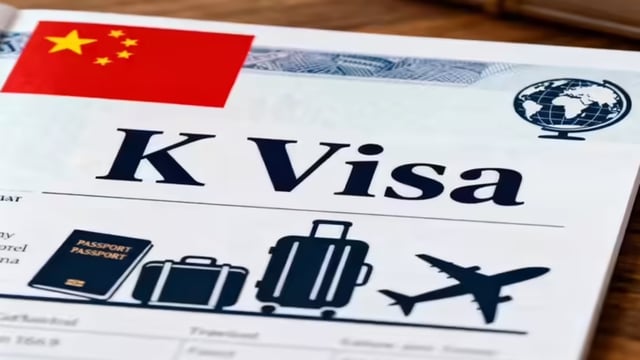Overview
- The K visa took legal effect on October 1, but Chinese embassies abroad are closed through October 8, delaying practical processing and listings.
- State media say the visa offers longer validity, multiple entries and extended stays, allowing education, cultural and science exchanges plus entrepreneurial and business activity.
- Applicants are described as young foreign scientific and technological talent with STEM degrees or relevant experience, and no invitation from a Chinese employer is required.
- Weibo users question the timing and fairness given reports of roughly 19% unemployment and about 12 million new graduates annually, with some arguing a master’s degree should be the minimum.
- Critics warn that dropping employer sponsorship could increase fraud risks and strain vetting, while interest grew after President Donald Trump highlighted a USD 100,000 H‑1B fee.
